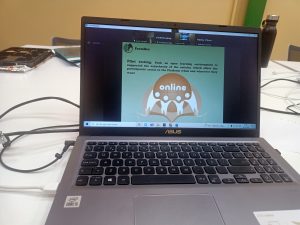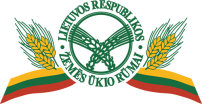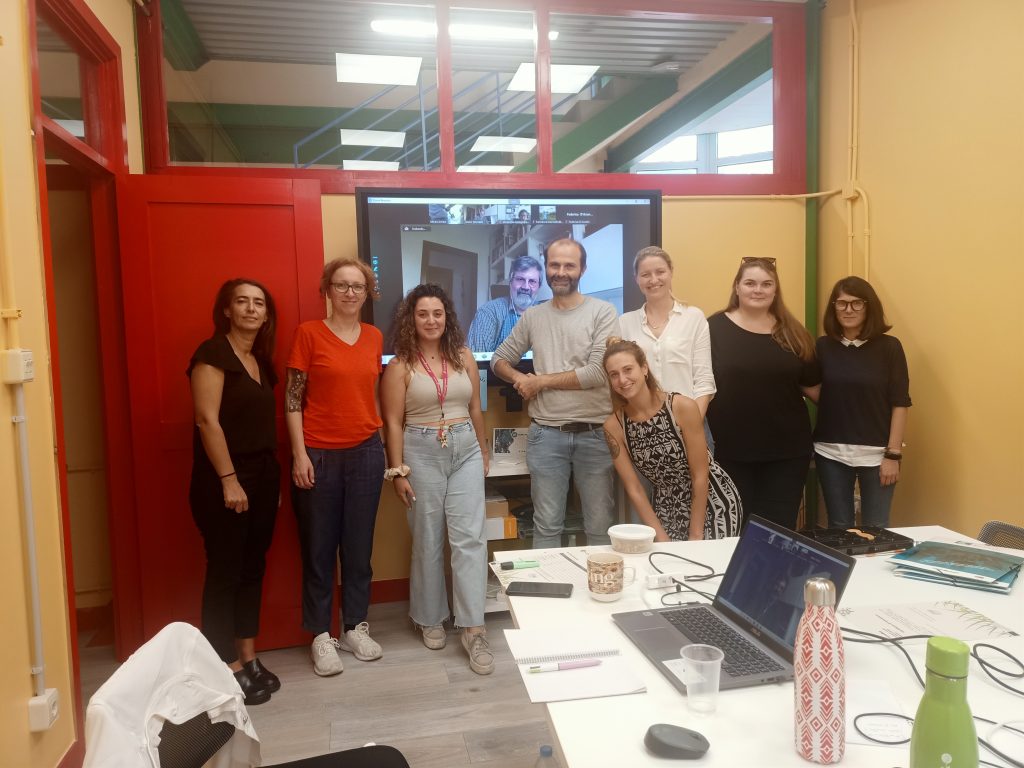On 19 October 2022, the third international meeting of the Erasmus+ FarmBox partners took place in Derijo, Spain, with the participation of representatives from five countries: the University of Padua (Italy), the OIKOS Institute (Italy), UptoEarth GmbH (Germany), the IKASTEGIA TXORIERRI Vocational Training School (Spain), and the Lithuanian Chamber of Agriculture (LCA). The EAA was represented by Ms Viktorija Bujauskė, Senior Specialist of the Rural Development and Information Division, and Ms Ina Kalėdienė, Head of the Project Division.
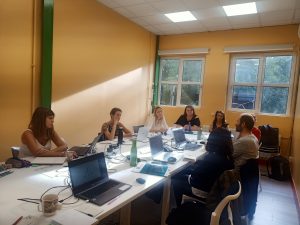
Advanced course
“Before the meeting, the project leaders asked us to fill in a table and to identify the main topics and subtopics related to farmers’ competences that we should discuss during the meeting. During the meeting we had a lot of discussion about the competences that farmers have, the different levels of competences and the information that would be prepared and presented in a competent and understandable way for advanced farmers. Therefore, we had a long discussion during the meeting until we reached a common decision on how the training for advanced farmers should be organised. The representatives of all five countries agreed on a set of guidelines to guide the development of the training content. This is very important as the entire Advanced Farmer Course (curriculum) will be 24 hours long and the content will be delivered entirely in English. It is therefore very important that the information is not only understandable to partners from all countries, but also used by farmers”, notes Viktorija Bujauskė, Senior Specialist of the Rural Development and Information Unit of the EAA.
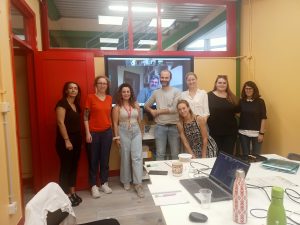
Development of the Climate Smart Agriculture (CSA) simulator
The Climate Smart Agriculture (CSA) simulator provides alternative scenarios for agricultural land management, describing current management practices and alternative future management scenarios.
The tool is aimed at future farmers, students, expert farmers, farmers’ associations and organisations who want to acquire skills related to climate-smart farming or to improve their farming competences and test them in a virtual environment.
It is a suitable teaching/learning tool that offers simulation-based training and increases the confidence of teachers and learners in agrotechnology, and will also be used as a foresight and management tool for learners and farmers to try out project-based learning.
“We have paid a lot of attention to the training content, especially for advanced farmers. It is also important to note that the project’s output, the simulator developed, will serve to improve the competences of advanced farmers. Thus, during the meeting, we discussed and debated the main topics, the methodology for their presentation, qualitative/quantitative variables and data sets that could be successfully applied in the development of the online simulator”, informed Ina Kalėdienė, Head of the Project Unit of the EAA.
Based on the competences and the topics/sub-themes for the extended course, partners from all countries identified a list of possible variables and datasets to be tested in the online simulator. The advanced course will cover topics such as precision farming, biodiversity, climate change mitigation, agricultural planning and management, etc. Representatives of the Lithuanian Chamber of Agriculture will develop the training material on sustainable farming, involving competent consultants.
Once the training material has been developed and all the indicators have been clarified, it will be necessary to reconcile the different qualitative and quantitative data. For this reason, the project coordinator has proposed a “traffic light” model: each parameter will have two, three or more levels and each level will be assigned a set of evaluation criteria. Users of the educational material – the summariser – will thus be able to assess the extent to which a particular area is useful in terms of climate change, on a scale of 0 to 100.
The end-user farmer will therefore be able to test three levels of interaction with the simulator:
Level 1 – Demo: The partners will develop a demo version focusing on specific variables and indicators in a specific field.
Level 2 – Semi-demo: Partners will develop a guided session focusing on specific variables and indicators across the European area.
Level 3 – stand-alone version: The partners will develop a “climate friendliness” assessment framework to allow the user to test all variables and indicators and to assess the climate friendliness of any area in Europe.
The list of European site variables and datasets to be implemented in the simulator is quite long and the work will require a significant digital capacity, which presents the project participants with the challenge of deciding what decisions will have to be made to ensure quality, informative and useful data and information:
– Soil map from the Corine dataset
– Satellite processed weather data
– NDVI (Normalised Difference Vegetation Index) map processed from satellite
– High resolution satellite data (10 metres) and/or specific datasets useful for the level concerned.
Steering Committee – discussion on project progress and duration
In view of the delay of the project due to Covid-19, the possibility to request an extension of the project was discussed. UTE expressed concern about the possible extension of the project as it may have an impact on the project costs. They therefore proposed to postpone this decision until the end of December and finally to consider an extension of no more than 1-2 months only for the final meeting and publicity events. This proposal was supported by the majority of project partners.
Testing of project results
The representatives of the EAA presented the general methodology to be used for the testing of the project results and proposed that each partner should involve 1 or 2 experts from their own organisations to test the product developed, with a view to involving farmers with a good command of the English language and, of course, to involve young farmers and university students studying in the agricultural field.
